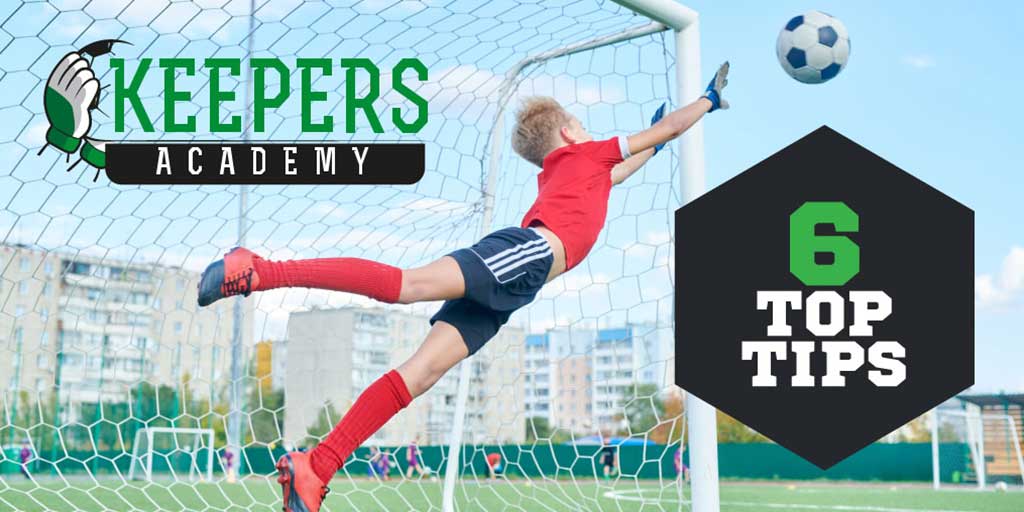Goalkeepers are some of the best athletes on the field. More and more goalkeepers and their spectacular saves are being given the attention they deserve. So if you’re an aspiring goalkeeper, here are our top 6 tips for becoming the best goalkeeper you can be!
1. Get into the mindset of a good goalkeeper
A good goalkeeper is always aware of their box, their teammates, and the opposition players. You’re the last line of defence at the goal, so being alert whether the players are on your side of the pitch or not is essential.
Goalkeepers need to have brilliant instincts, and they need to be brave enough to trust them. 1-on-1 contact with the opposition is a huge part of being a goalkeeper. Match experience and training your reflexes will enhance your tactics in the box and help you anticipate your opposition’s next challenge.
2. Concentration and communication are key
The best goalkeepers practice their communication skills. They can point out unmarked attackers or position players into a wall for a direct free kick. A good goalkeeper needs to be switched on from the first whistle to the last.
Goalkeepers might be the last line of defence in the box, but looking for gaps and weaknesses in their defence is a key part of their role. Watching the opposition and your own team can help you direct your teammates to prepare for a possible challenge. Since there’s no backup behind you, you need to position what’s in front.
3. Challenge your reflexes and reaction time
Fitness should be your top priority. You need to keep testing your body to improve your speed, agility, and strength. Full range of motion and cat-like reflexes will give you the power to stop the ball at multiple angles around the goal mouth and penalty area.
Jumps such as line jumps, squat jumps, knee tucks and broad jumps will help you build the power in your lower body so you can change direction or dive quickly. These jumps often increase your core strength and help you slow down and speed down at will. You can protect your goal area from multiple challenges as well as preventing injury.
4. Learn to handle the ball like an expert
As a goalkeeper, it’s important to learn the right ball-handling techniques because that’s your job! Training how to catch and push the ball out of the way will help you protect your goal. Once you learn the best way to catch the ball, you can assess which technique best fits the situation.
If the ball comes at you towards you at waist level, cradling into your body with a basket catch will help. For chest height or higher, the diamond catch is best. It positions your thumbs and index fingers in a diamond shape to stop the ball from flying through your hands.
A good goalkeeper can get low to collect the ball off the ground, dive, punch and punt the ball away from their goals. Your job is to have strong steady hands, be on your toes, ready to launch yourself in any direction and have the power to stop the ball wherever it goes.
5. Train expert footwork skills
Quick footwork is a must for a goalkeeper. Don’t forget getting yourself in front of those challenges is just as much about your feet as it is about your hands. Quick, sharp and speedy footsteps get you into the right position to match the situation. Train using a course made of cones and ladders to help you get a feel for the speed, with actions called out by your coach!
Speedy footwork helps you get your body into the right positions. You need to be able to counter corners, crosses, and all those routine saves that you absorb with your body and those spectacular dives when your challenger aims for the far corners of the net. Remember predicting when you need to dive is part of the experience you get from match play.
6. Train your technique in the box
Now you have the mindset, the footwork and the ball-handling skills, make sure you practice them in the box. The standard technique should have you:
- In a set position, with your hands ready to make a save
- With your hips and shoulders square on the ball
- On the balls of your feet, without too much downward pressure
- With slightly bent knees (to give you that spring!)
- With your weight leaning forward slightly (for balance)
- Able to shift one foot at a time in short, sharp steps, one following the other
- Able to meet the ball while travelling forwards, not backwards
- And remember to never cross your feet over!
The last tip for becoming a great goalkeeper is to get help. Our Keepers courses can provide children with professional coaching, fitness training and match-play experience to get their goalkeeping skills up to scratch.










